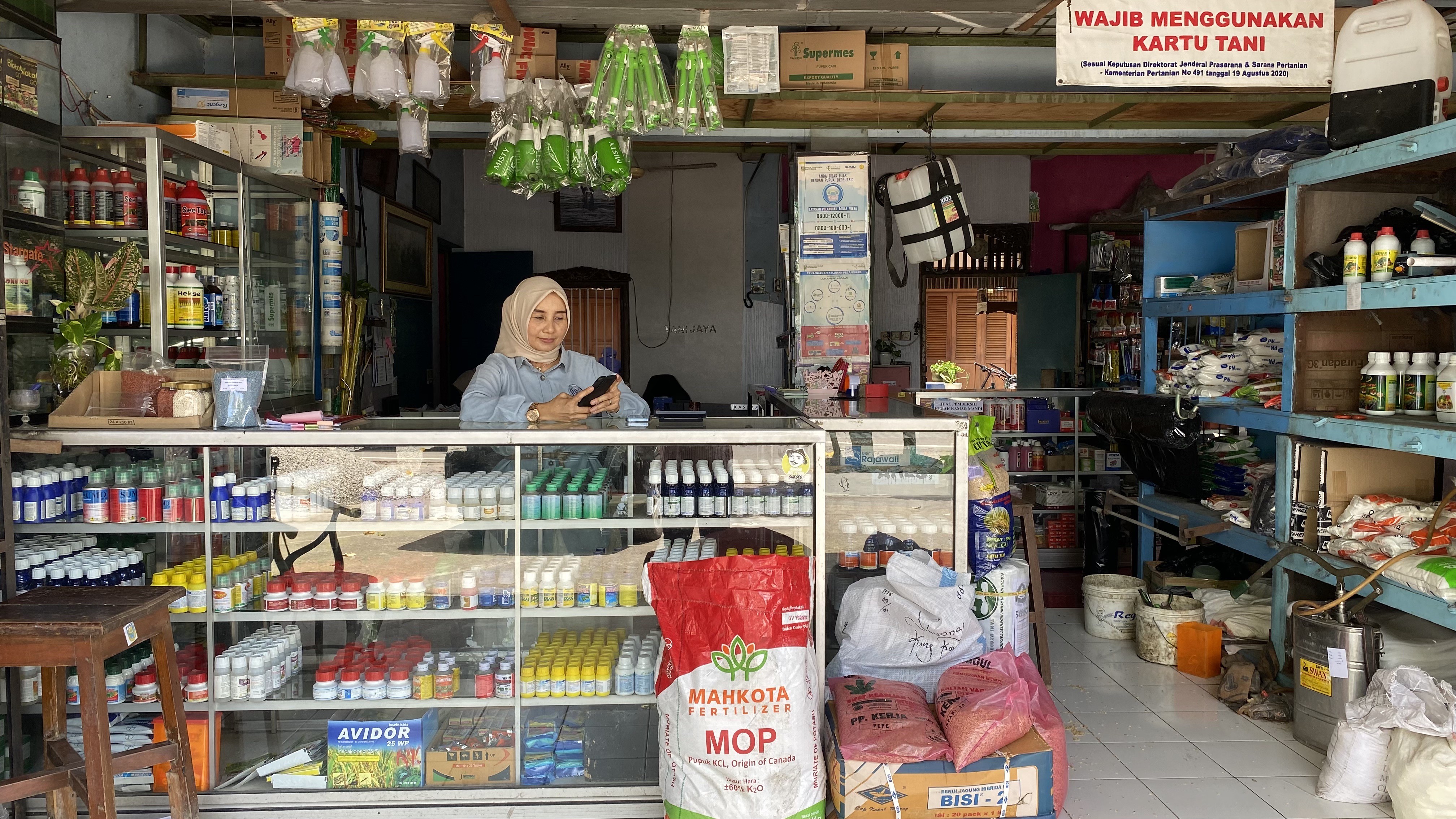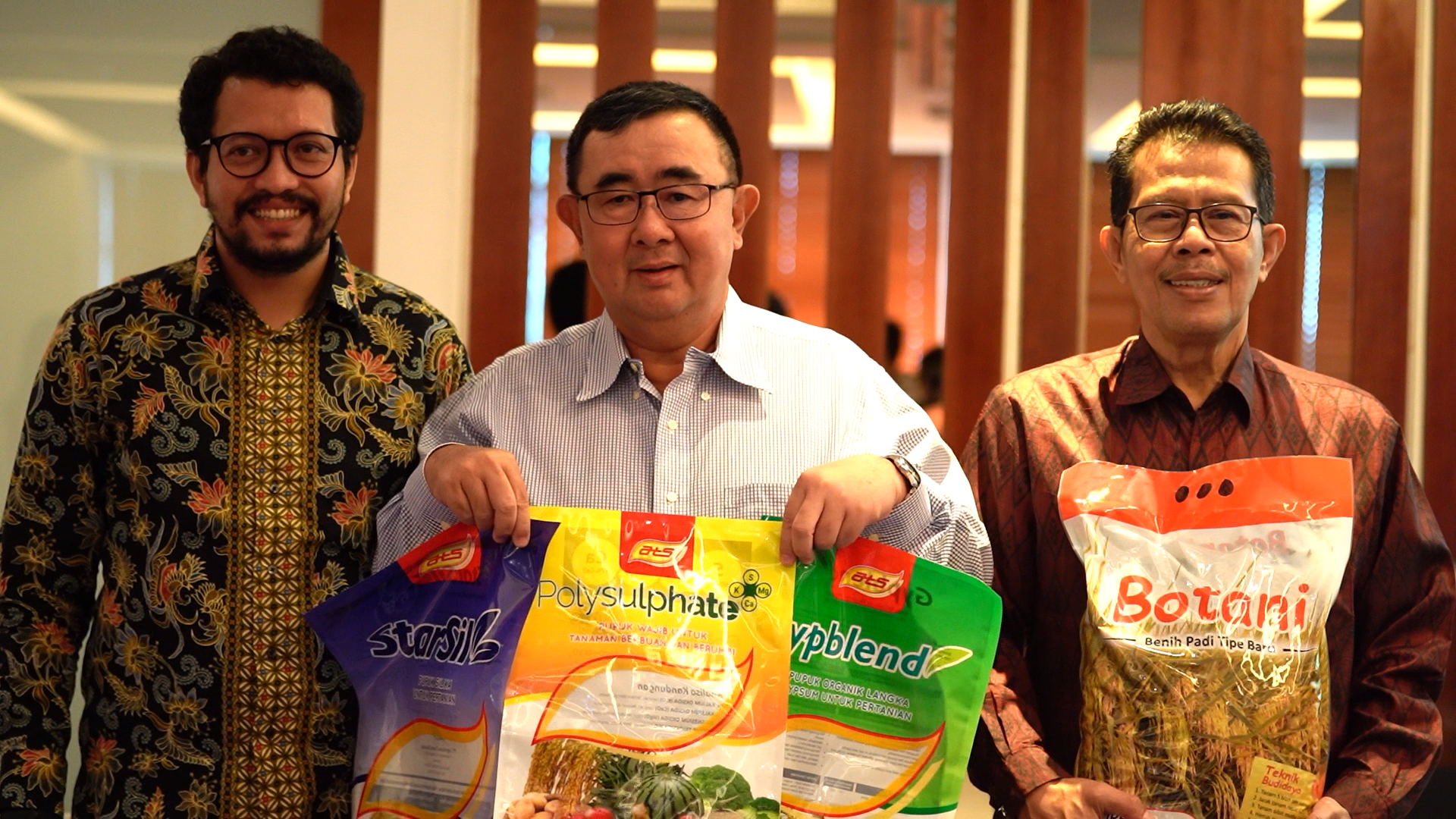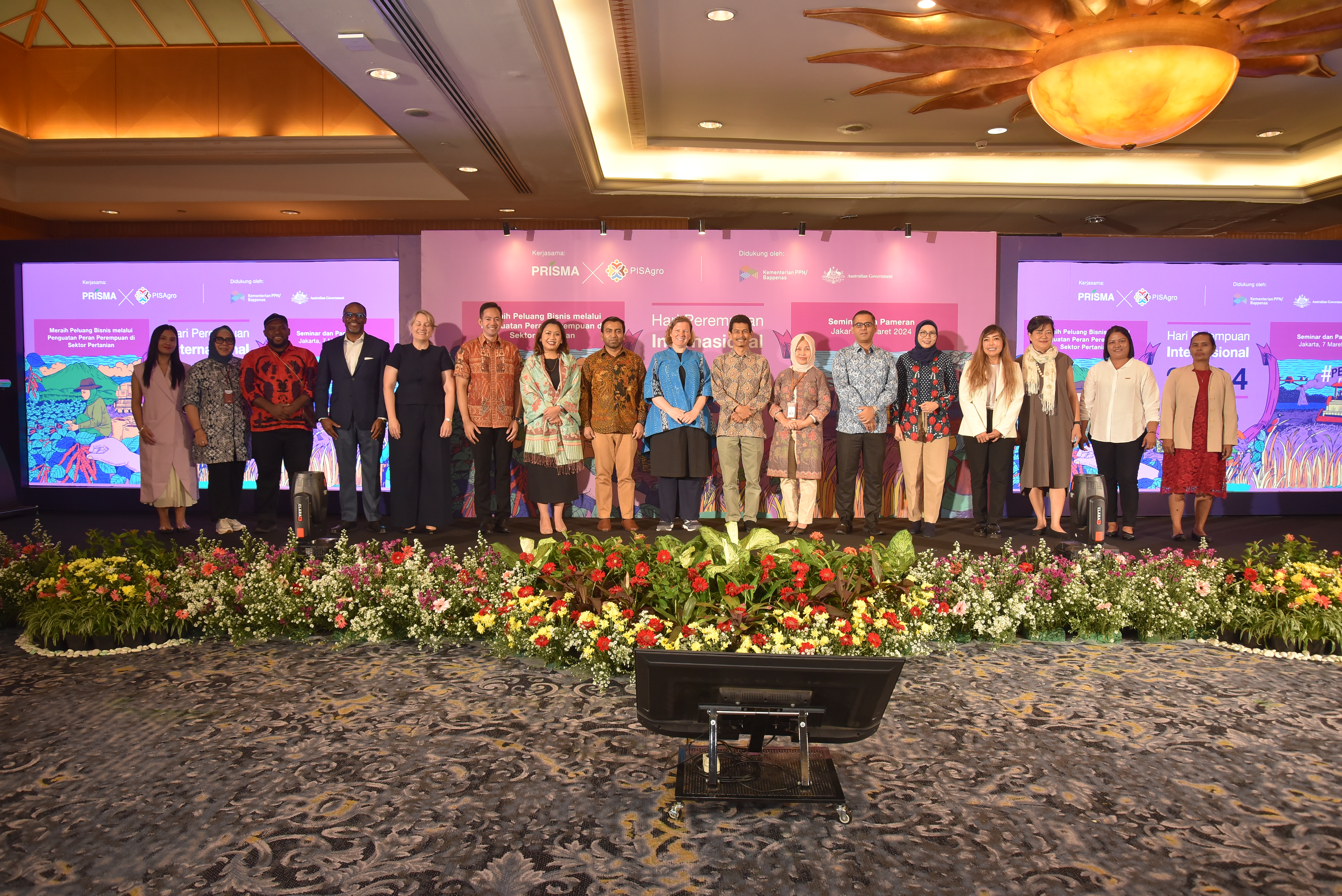Climate change is impacting farmers in East Nusa Tenggara's already dry climate, with increased weather events and erratic rainfall. Most farmers in the province rely on rainfed agriculture, making them particularly susceptible to fluctuations in rainfall. Given these challenges, there's a pressing need for innovative solutions and strategies to secure their livelihoods and ensure food security. This includes the adoption of more resilient seed varieties.
Maize is an important local and staple crop for consumption and livestock feed. Most farmers plant maize once a year using local varieties with low productivity (around 1 ton/Ha). This results in insufficient stock for year-round needs, which pushes farmers to purchase maize in the lean season. Maize prices can double or even triple during these times.
The cereal research centre of the Ministry of Agriculture (MoA) has released high-yielding open-pollinated maize varieties (OPV)—for example, Lamuru and Jakarin—that are adaptive to dry climates. If adopted widely, these varieties could significantly improve the productivity and resilience of farmers in the region.
In collaboration with regional-level agencies, the Ministry of Agriculture (MoA) has introduced these high-yielding open-pollinated maize varieties (OPV)-such as Lamuru and Jakarin-to benefit farmers through various subsidy programs. However, a significant hurdle emerges as the seed loses its high-yielding characteristics when retained and replanted. This necessitates regular renewal with certified seeds, posing a challenge to the widespread adoption of these varieties.
While farmers know the benefits of the high-yielding open-pollinate varieties, since the seeds are only available through government subsidy programs, they can only wait for the next program allocation to get renewed seeds. The subsidy program allocation varies every year and can only cover a limited number of farmers.

















